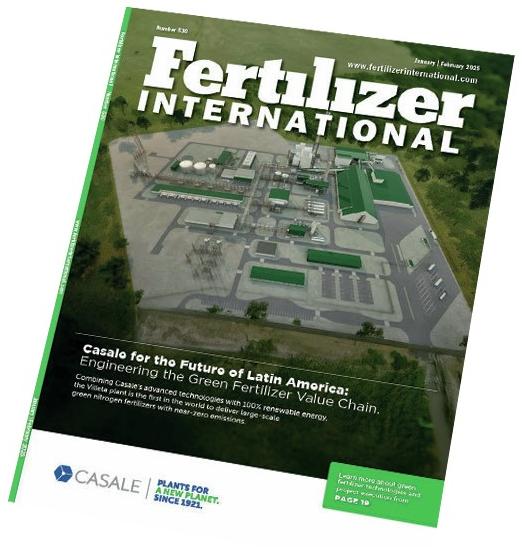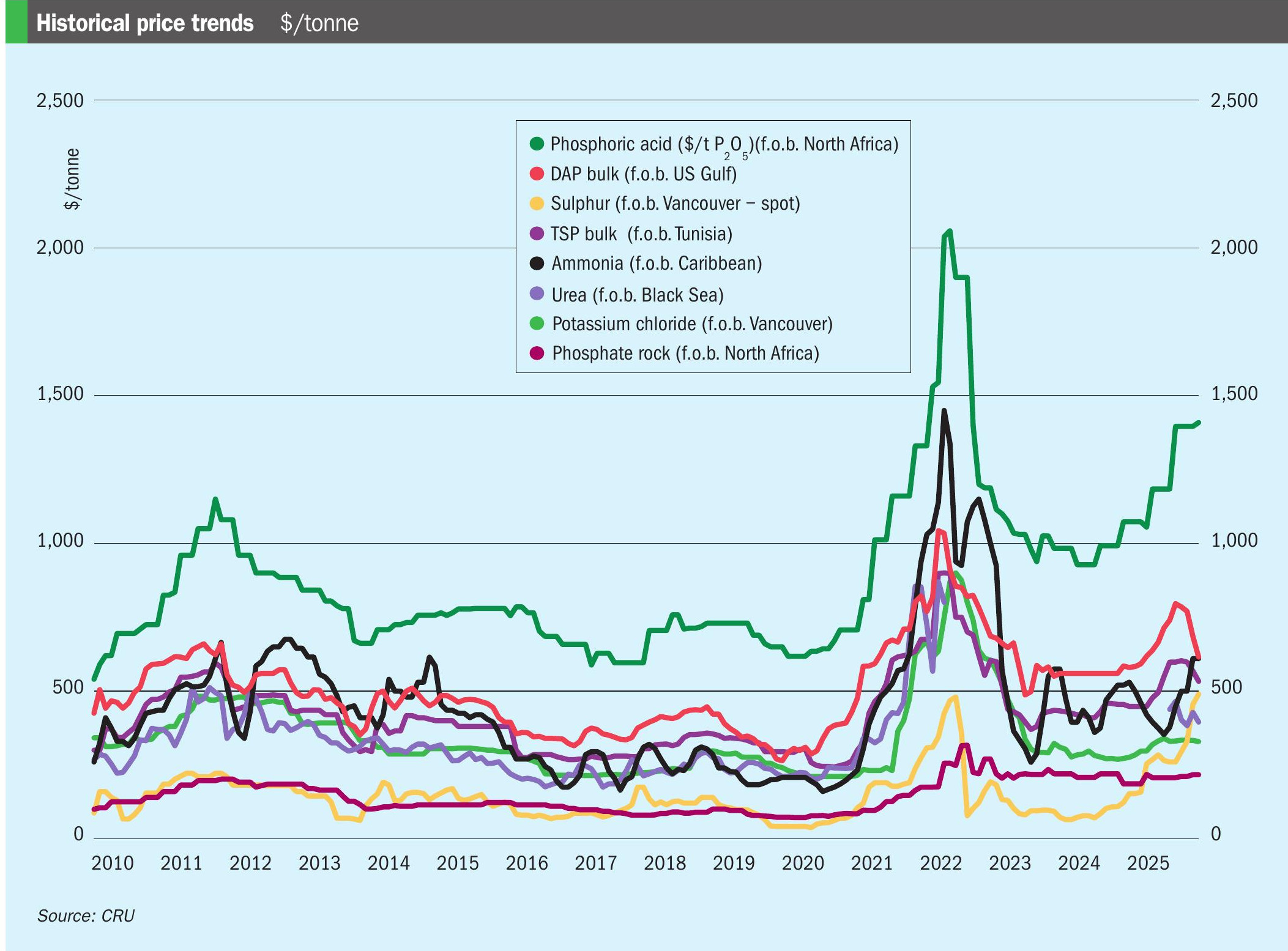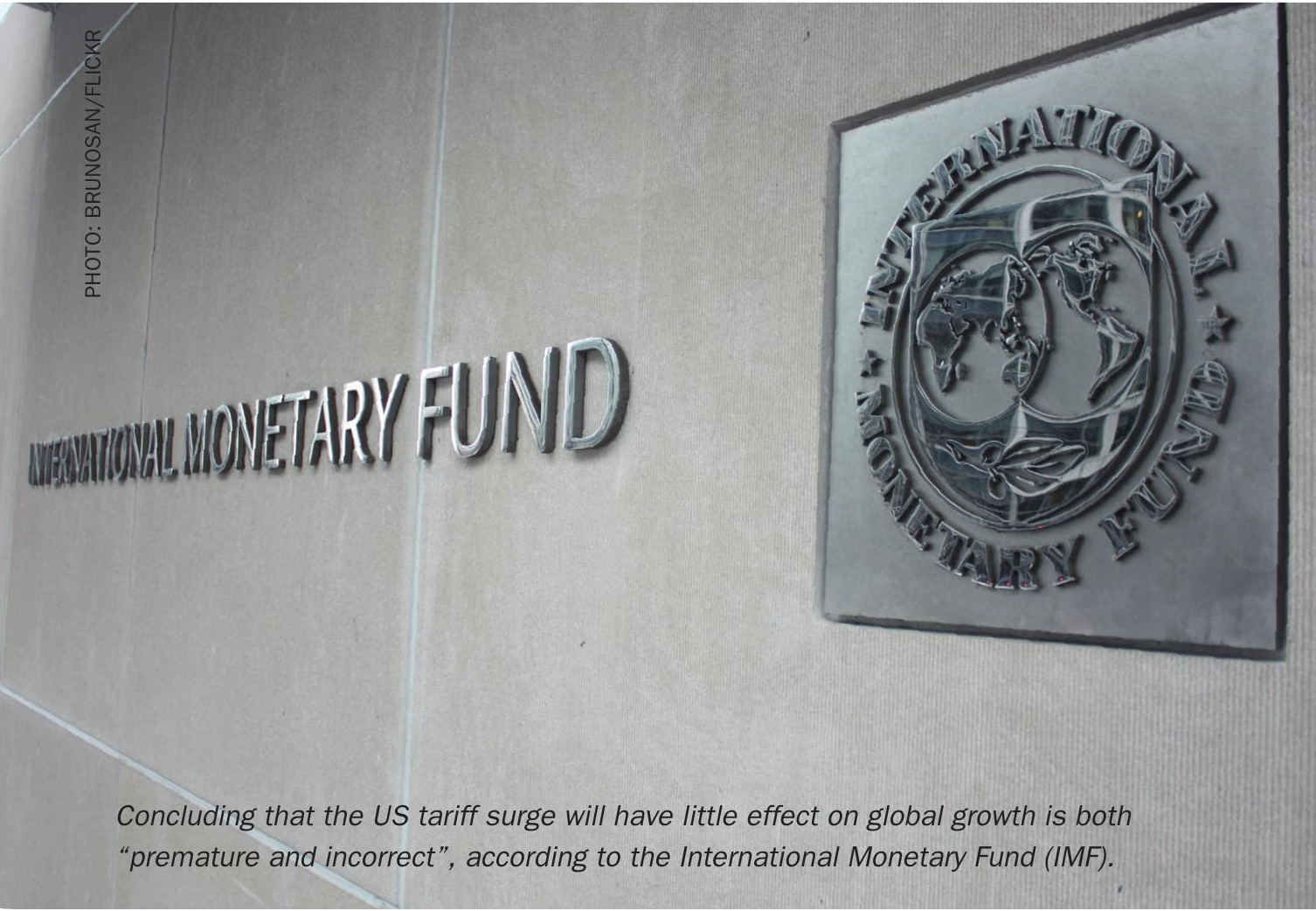Sulphur 417 Mar-Apr 2025

19 March 2025
Tender launched for SARB expansion
The Abu Dhabi National Oil Company (ADNOC) has launched a tender for the expansion of offshore gas production at its Satah Al Razboot (SARB) field, part of the Emirate’s huge Ghasha concession. The scope of work will include the engineering, procurement, and construction (EPC) of at least two wellhead platforms with multiple related facilities and the installation of a 24” subsea gas pipeline to new inlet facilities at Das Island. The project will also include brownfield tie-ins at Al Qatia, Bu Sikeen Islands, Das and Zirku and Arzanah Islands.
Gas-based projects worth upwards of $25 billion are currently in the execution phase in Abu Dhabi, with several other key gas developments under way, including the Umm Shaif gas cap, Bab gas cap, Al Dhafra and the Ruwais Diyab unconventional developments which aim to significantly boost Abu Dhabi’s gas production capacity over the coming years.






